Global warming has emerged as a significant environmental concern over the past few decades. Its effects are far-reaching, affecting various aspects of our planet, including the occurrence and severity of wildfires. This article aims to explore the relationship between global warming and wildfires, shedding light on the impact it has on our ecosystems, wildlife, and communities. Global warming, also known as climate change, refers to the long-term increase in Earth’s average surface temperature due to human activities. The release of greenhouse gases, such as carbon dioxide and methane, into the atmosphere traps heat, leading to a rise in temperatures worldwide. As global warming intensifies, it triggers a cascade of ecological effects, including the proliferation of wildfires.
Understanding Global Warming

Global warming is primarily caused by human activities, such as the burning of fossil fuels, deforestation, and industrial processes. These activities release large amounts of greenhouse gases, creating an imbalance in the Earth’s natural climate system. The accumulation of these gases traps heat in the atmosphere, causing the planet to warm.
The Connection Between Global Warming and Wildfires

Scientific evidence strongly suggests that global warming plays a significant role in the increase in both the frequency and severity of wildfires. The rising temperatures and changing climate patterns contribute to a more favorable environment for the ignition and spread of fires. Let’s explore the specific impacts of global warming on wildfires.
Rising Temperatures and Fire Behavior
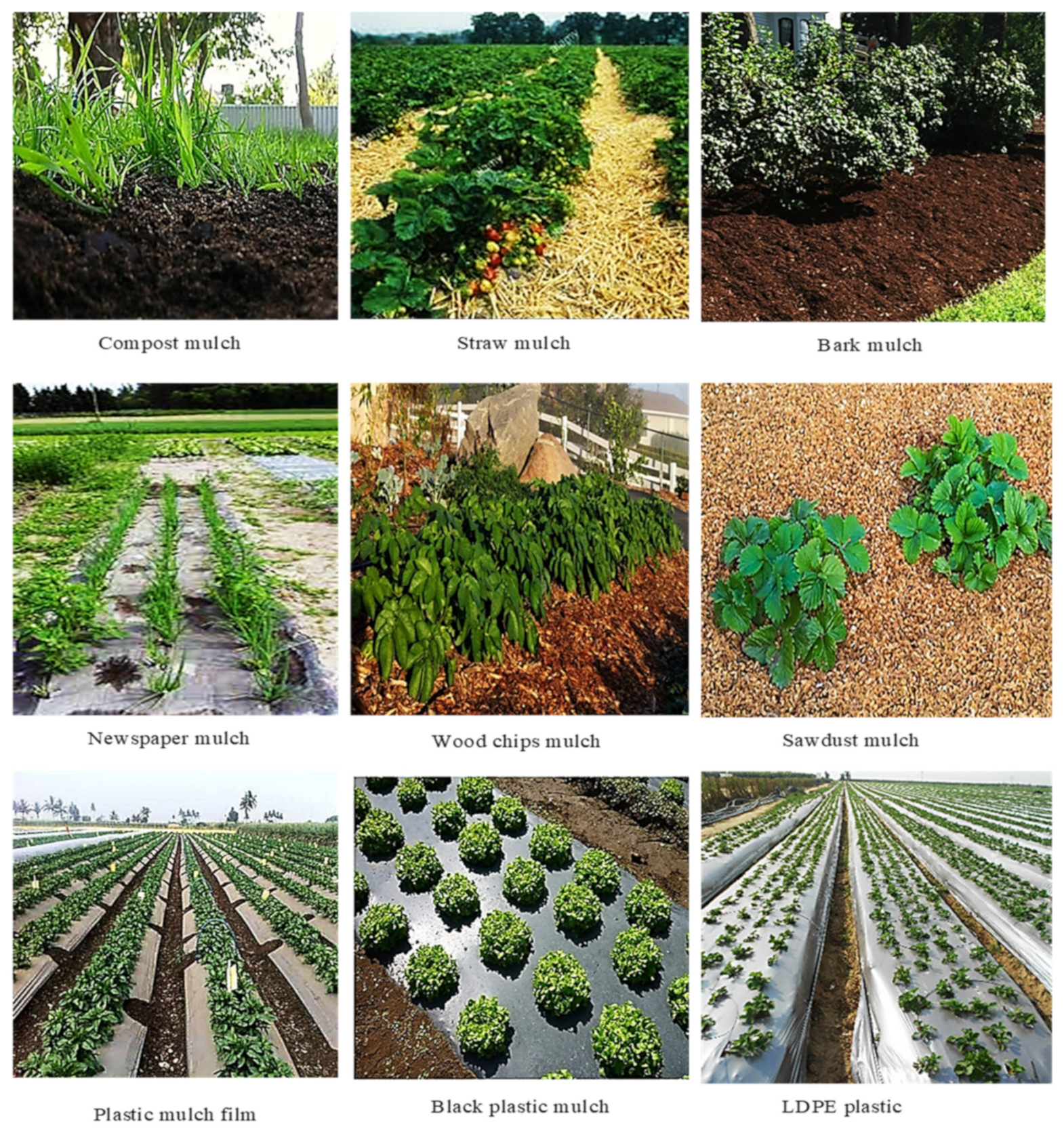
As global warming progresses, temperatures are reaching record highs in many regions. Higher temperatures result in drier conditions, increased evaporation, and reduced soil moisture content. These factors contribute to the drying out of vegetation, turning it into highly flammable material. Consequently, wildfires become more prone to ignition and exhibit more intense fire behavior.
Drought and Increased Fire Frequency
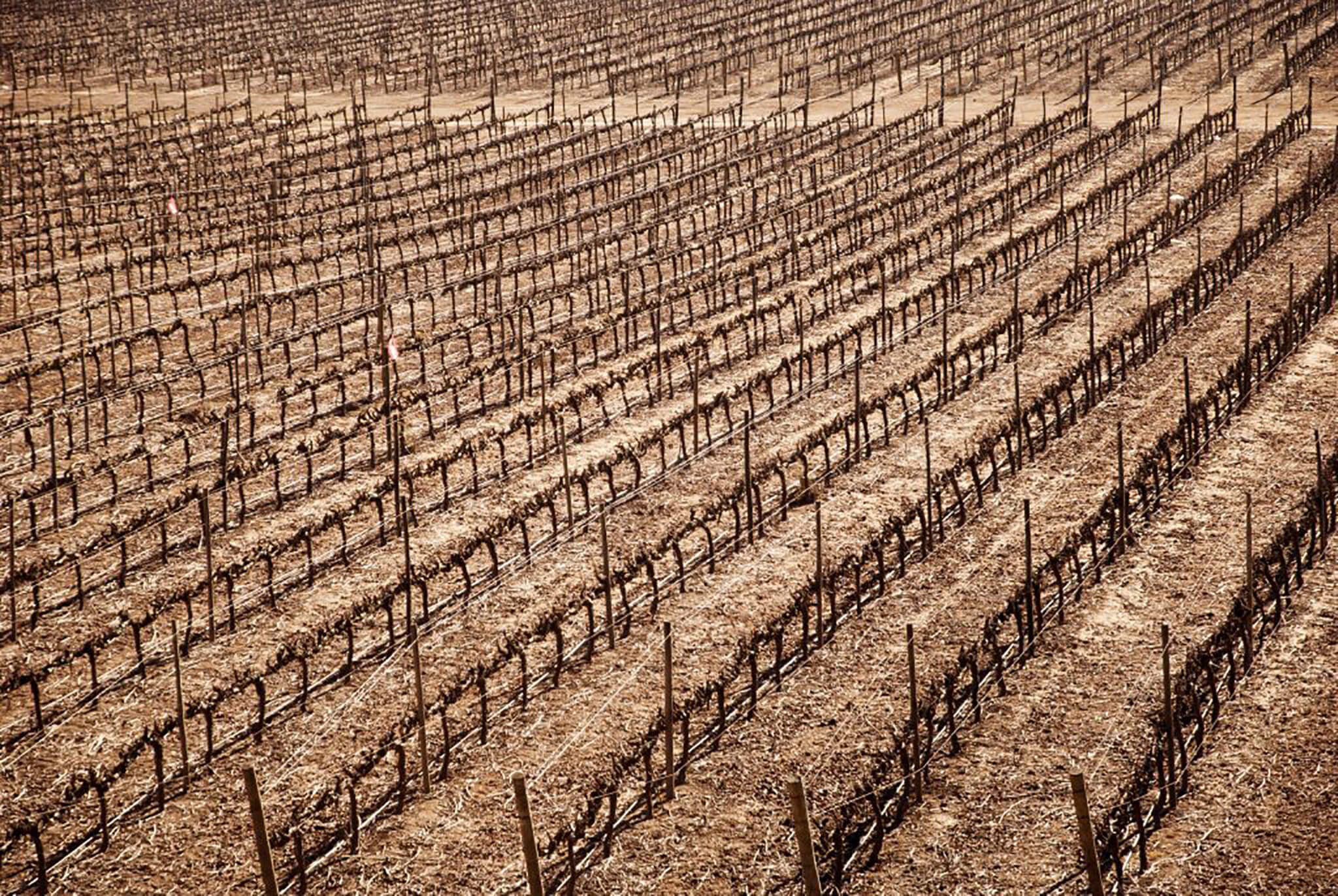
Global warming exacerbates drought conditions in various parts of the world. Drier soils, reduced precipitation, and altered rainfall patterns create an environment conducive to wildfires. With longer and more severe droughts, vegetation becomes more susceptible to ignition, leading to a higher frequency of wildfires.
Impacts on Ecosystems and Biodiversity

Wildfires have a profound impact on ecosystems and biodiversity. The intensified and more frequent wildfires caused by global warming result in the destruction of habitats and loss of biodiversity. Many plant and animal species struggle to adapt to rapidly changing conditions, putting them at risk of extinction. Additionally, the loss of vegetation due to wildfires disrupts the delicate balance of ecosystems, affecting the overall health and stability of natural environments.
Wildfires and Air Quality

Wildfires release vast amounts of smoke, ash, and pollutants into the atmosphere, significantly impacting air quality. The particles and gases emitted during a wildfire pose health risks to both humans and wildlife. Prolonged exposure to smoke can cause respiratory problems, exacerbate existing conditions, and contribute to the formation of smog.
Economic Consequences
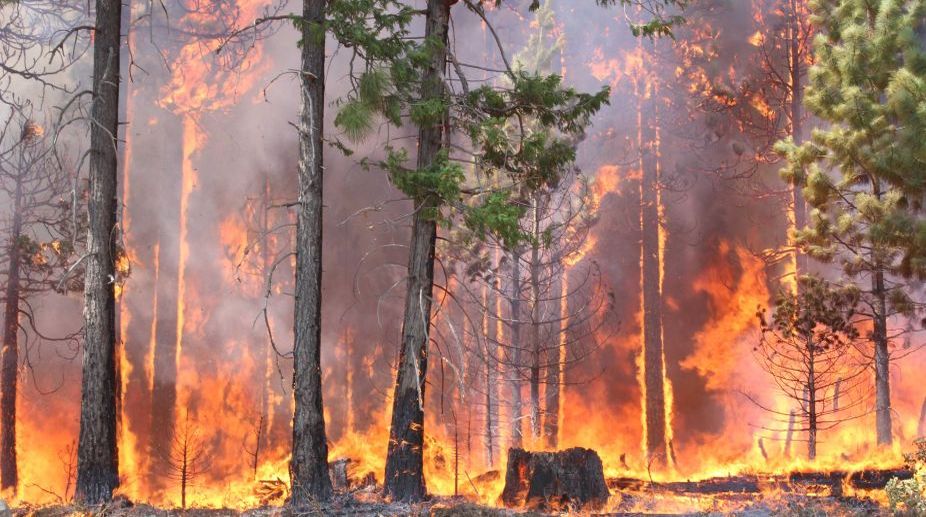
The increasing occurrence and severity of wildfires have significant economic consequences. The costs associated with firefighting efforts, property damage, and post-fire recovery place a heavy burden on local and national economies. Moreover, industries such as tourism and agriculture suffer as their infrastructure and resources are compromised by wildfires.
Human Safety and Evacuation Measures
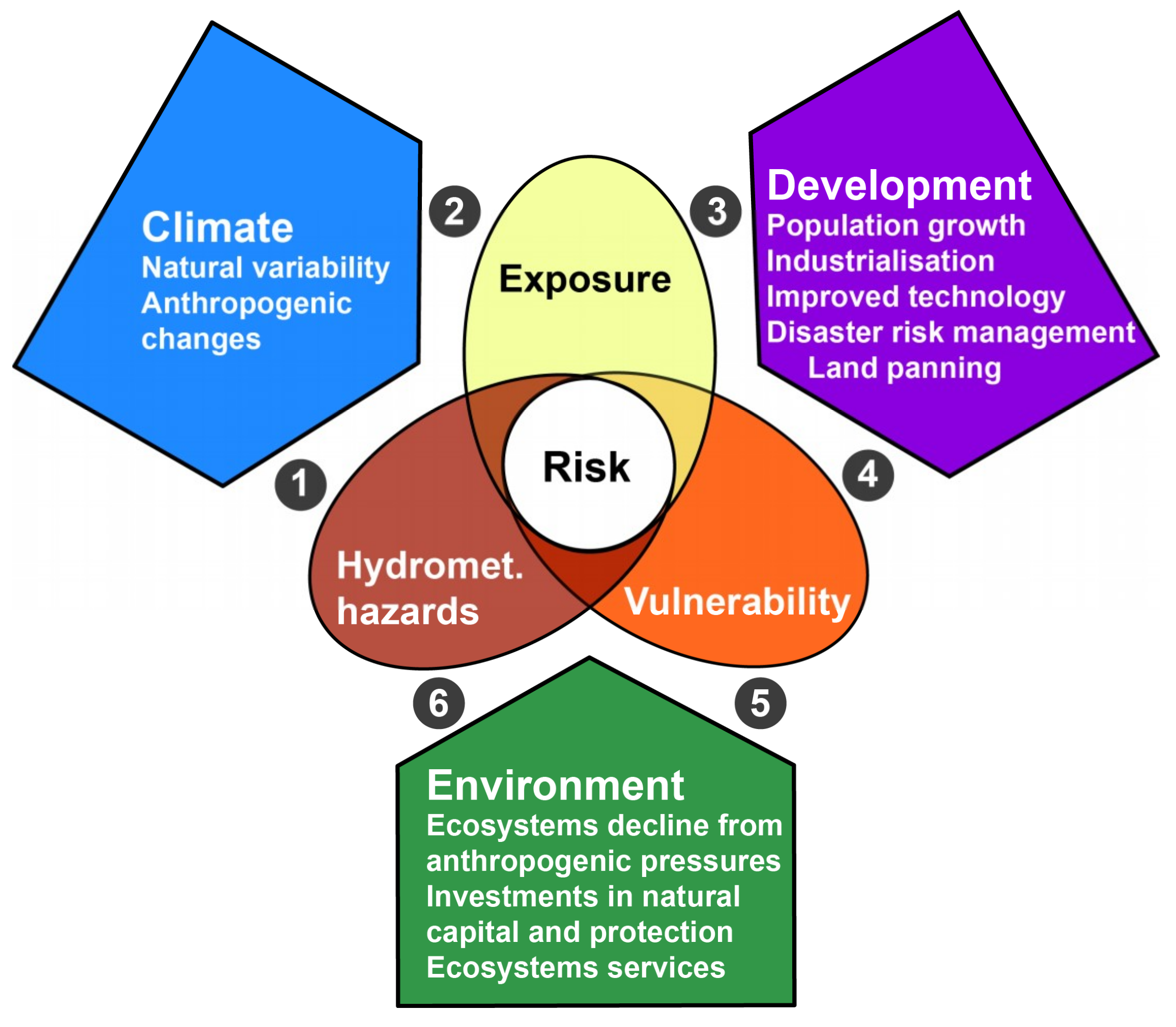
One of the most critical aspects affected by wildfires is human safety. As global warming intensifies wildfires, it becomes imperative to have effective evacuation measures in place to protect communities at risk. Timely and well-executed evacuation plans, combined with public awareness campaigns, are essential for minimizing casualties and ensuring the safety of residents in fire-prone areas.
Mitigation Strategies

To address the impact of global warming on wildfires, proactive mitigation strategies are crucial. These strategies include measures such as implementing sustainable land management practices, investing in fire-resistant infrastructure, and promoting the use of renewable energy sources to reduce greenhouse gas emissions. Additionally, public education and awareness play a vital role in preventing wildfires and ensuring the safety of communities.
Role of Government and Public Awareness
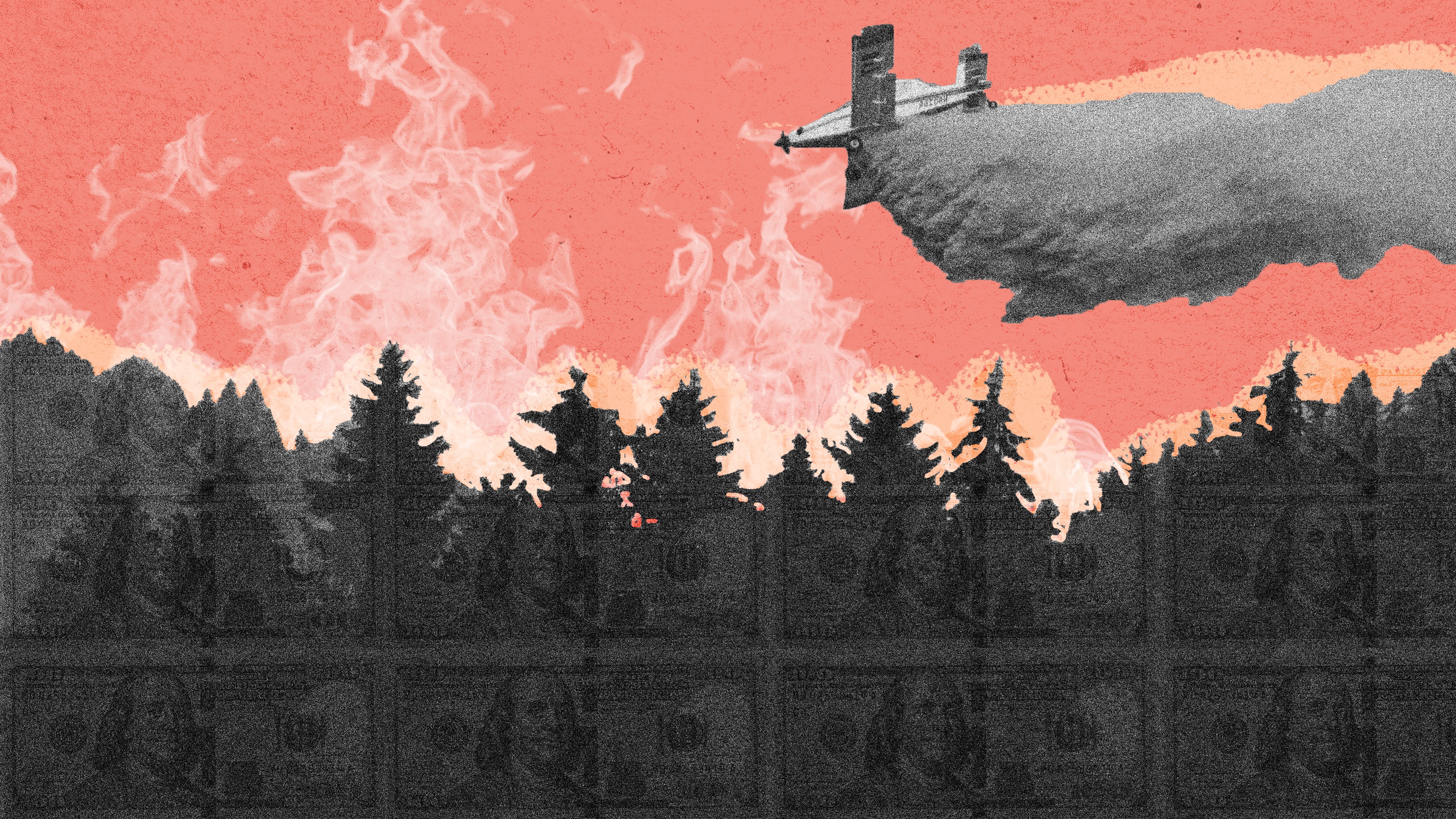
Governments at all levels need to prioritize the mitigation of global warming and the prevention of wildfires. Policies should focus on reducing greenhouse gas emissions, supporting research and development of innovative solutions, and investing in resilient infrastructure. Simultaneously, raising public awareness about the causes and consequences of global warming can drive individual actions and collective efforts to combat this pressing issue.
Summary
Global warming significantly impacts the occurrence and severity of wildfires worldwide. The rising temperatures, prolonged droughts, and altered climate patterns contribute to an environment conducive to more frequent and intense wildfires. These fires not only threaten ecosystems and biodiversity but also jeopardize human safety and have significant economic consequences. It is crucial for governments, organizations, and individuals to work together to mitigate global warming and implement effective strategies to prevent and manage wildfires.
FAQs
How does global warming contribute to the increase in wildfires?
Global warming leads to drier conditions, making vegetation more prone to ignition and fires more intense.
Are wildfires solely caused by global warming?
No, wildfires can occur naturally, but global warming exacerbates their frequency and severity.
Can wildfires be prevented entirely?
While wildfires cannot be entirely prevented, proactive measures can reduce their occurrence and impact.
What can individuals do to help mitigate global warming?
Individuals can contribute by reducing their carbon footprint, conserving energy, and supporting renewable energy sources.
How does poor air quality during wildfires affect human health?
Smoke and pollutants from wildfires can cause respiratory problems, aggravate existing conditions, and decrease air quality.
